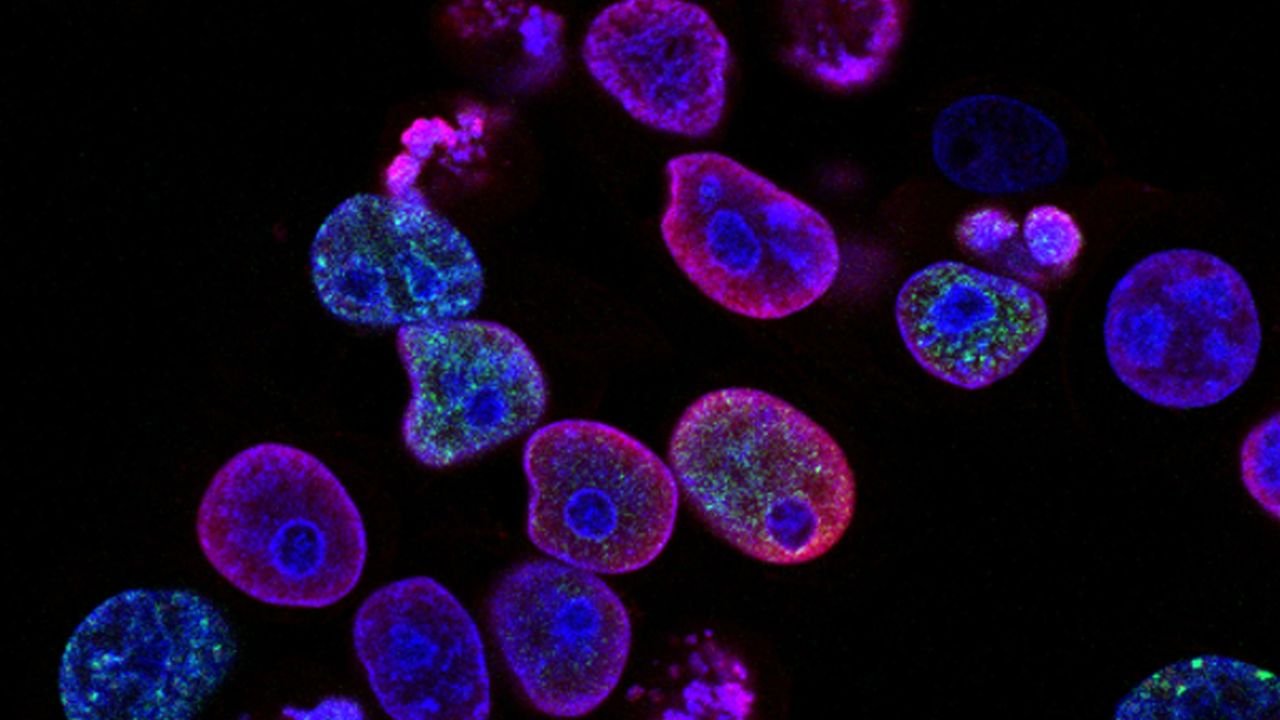Austria-based cell therapy production startup Sarcura today announced raising €7 million in seed-plus funds.
Existing cell therapies are incredibly costly to develop but have offered long-sought answers to finding new cancer treatments. Recent cancer drugs - like Kymriah and Yescarta - use patient chimeric antigen receptor cells engineered to trigger the body's response against cancerous cells. As of March, US regulators had sanctioned the use of six CAR T-cell therapies, regulators have said.
Further hope can be drawn from stem cell-based medicine candidates in the lab, which could address Alzheimer's disease, Parkinson's and several intractable autoimmune diagnoses.
Sarcura aims to move beyond steep R&D trajectories dedicated to delivering single cellular treatments, which are hampered by the cost of engineering the patient's T cells.
The startup's figures suggest there are currently 1,400+ CAR-T candidates in testing, but says many of these "lifesaving" drugs will fall by the wayside, as the production cost is unsustainable.
Formed two years ago, the team has devised a silicon chip technology that contains microfluidic channels engraved into the surface.
These channels are designed to deliver robust engineering of new CAR-T drugs and other cellular treatments, allowing scientists to control, manipulate and automate drug design in real time.
Two investors from Sarcura's €2.5 million seed raise 12 months ago, IST Cube and Lansdowne Investment Company Cyprus, returned to co-lead the seed-plus round.
Also participating were new investors HCVC, tecnet equity and various family offices, along with further seed-stage returnees: Axilium Holding, Novacapital, and Nina Capital.
HCVC general partner, Jerry Yang, expressed hope Sarcura's concept could "completely change" the landscape for cancer treatment.
"I am really excited to have the chance to lead HCVC's investment in Sarcura," Yang said.
"Sarcura is addressing a huge pain point in cell therapy by leveraging semiconductor MEMS technology."
The founding CEO of the startup, Daniela Buchmayr, explained the microfluidic silicon cartridges would have multiple uses, each enhancing control for the scientist, while also reducing manufacturing cost.
Buchmayr said: "Scientists aim to identify and engineer the right cells, enhancing control while lowering manufacturing cost.
"Sarcura unites cutting-edge silicon technologies such as integrated photonics in microfluidic cartridges, to automate, miniaturise and bring real-time control to cell therapy manufacturing."



Would you like to write the first comment?
Login to post comments